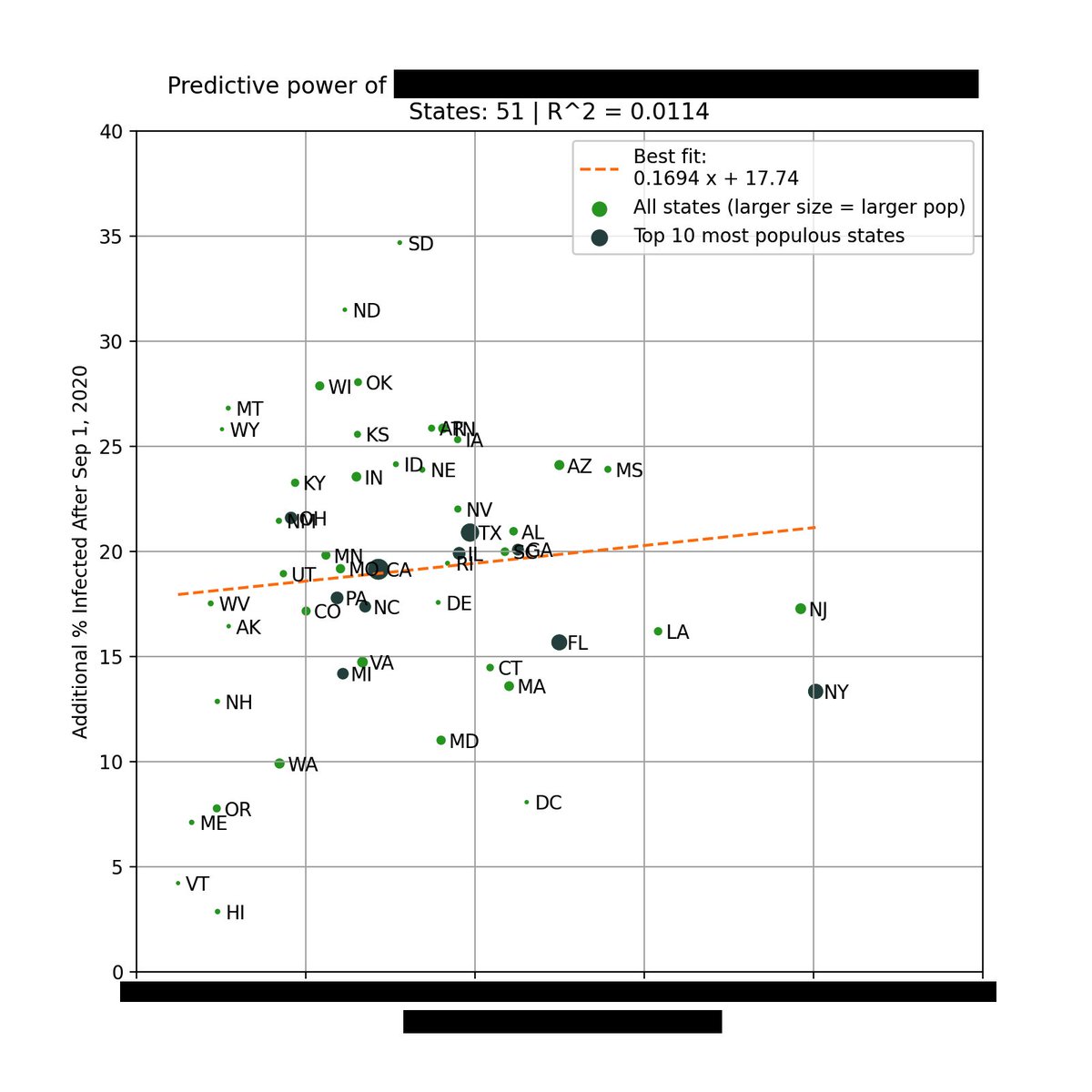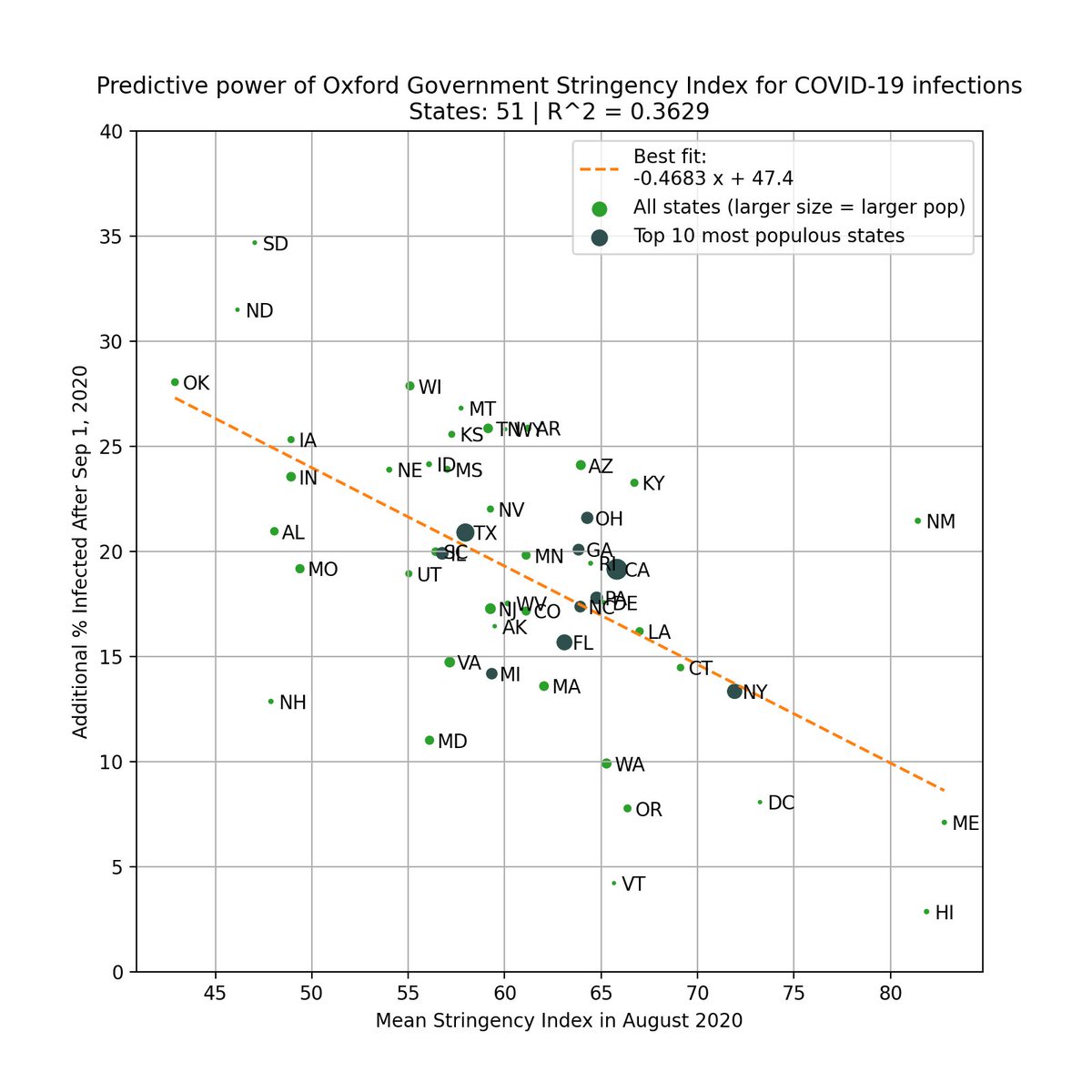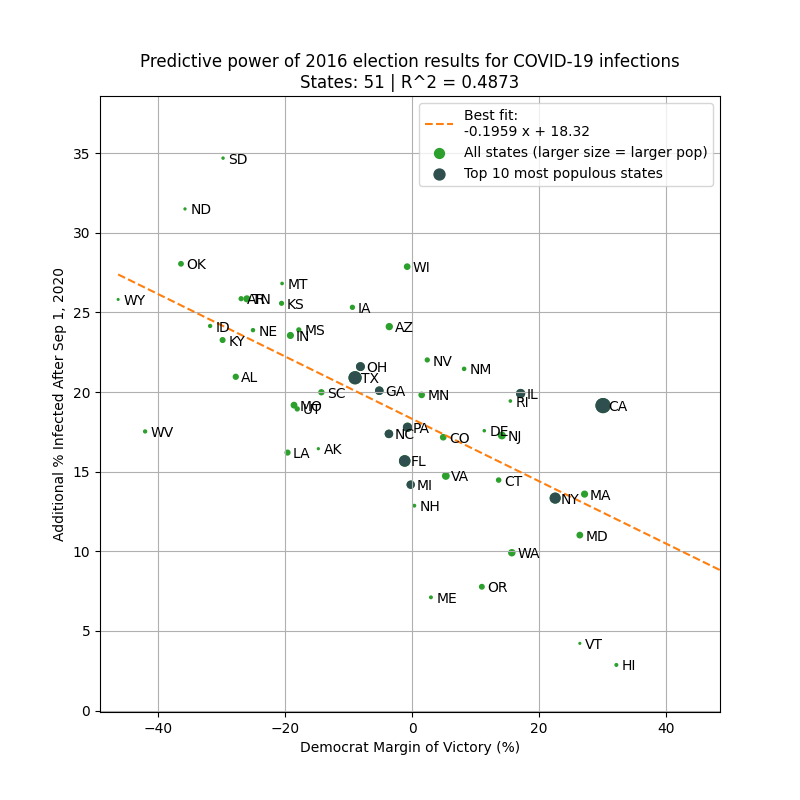But soon, we'll be confronted with question -- do we give 2nd shot to some people or 1st shot to more people
Is there clinical trial evidence that 1 dose is helpful?
Yes
2/n
In @washingtonpost, @ashishkjha & I argue for the 2nd-shot-deferred strategy, partly by invoking the Mike Tyson principle. https://t.co/ZxrgVj3TJe We both came to this view because of the slow rollout & the new variant. But it's a tough call and reasonable people will disagree.
— Bob Wachter (@Bob_Wachter) January 3, 2021
My first tweet of 2021 is going to be about 1 dose vs. 2 dose vaccine. I have tweeted in the past of the immunological advantages of a 2 dose vaccine. However, given the enhanced transmission variants on the rise, we need a modified strategy. (1/n) https://t.co/si1bxgKqbf
— Prof. Akiko Iwasaki (@VirusesImmunity) January 1, 2021










